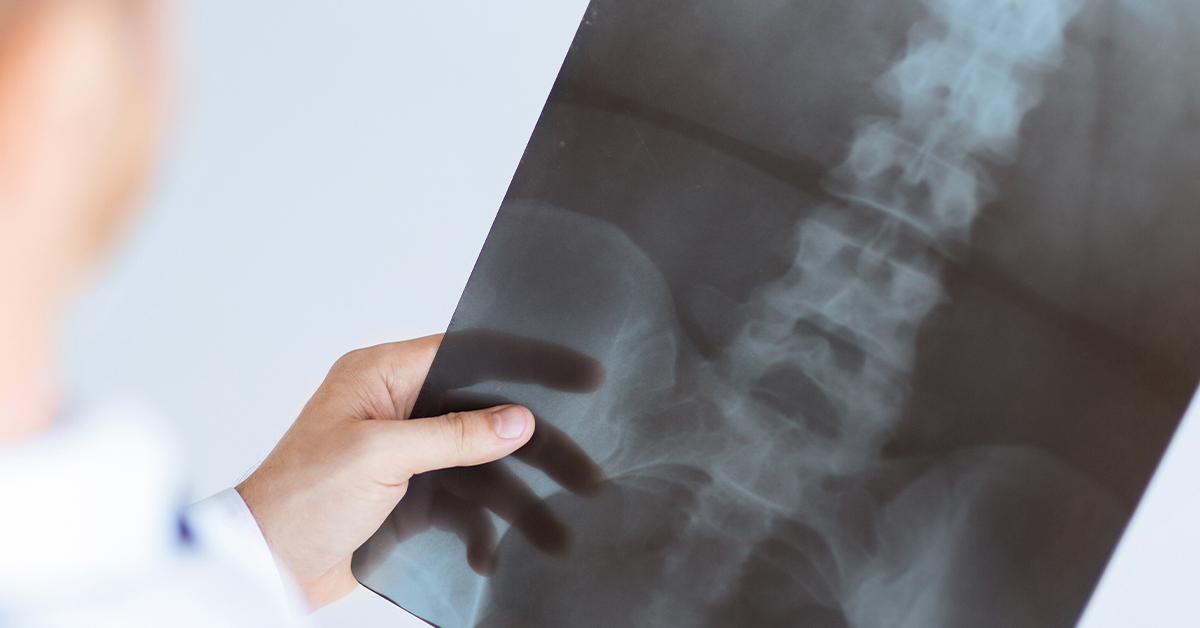
How Do I Know If My Back Pain Is Serious?
Back pain is a common issue that many people experience at some point in their lives. While most cases are mild and improve with rest and over-the-counter treatments, some back pain can indicate a more serious condition that requires medical attention. Knowing the signs of serious back pain can help you seek timely and appropriate care.
Red Flags for Serious Back Pain
-
Unexplained Weight Loss
If you experience sudden and unexplained weight loss along with back pain, it could be a sign of a more serious underlying condition, such as an infection or cancer.
-
Persistent Fever
A fever that accompanies back pain may indicate an infection, such as a spinal abscess or osteomyelitis, which requires prompt medical treatment.
-
Severe or Increasing Pain
Pain that is severe, unrelenting, or worsening over time, especially if it doesn't improve with rest, can be a red flag. This type of pain might be associated with serious conditions like spinal tumors or fractures.
-
Numbness, Tingling, or Weakness
If you experience numbness, tingling, or weakness in your legs or arms, it could indicate nerve compression or damage. Conditions like herniated discs or spinal stenosis can cause these symptoms and may require medical intervention.
-
Loss of Bladder or Bowel Control
Sudden incontinence or difficulty controlling bladder or bowel functions can be a sign of cauda equina syndrome, a rare but serious condition that requires immediate medical attention.
-
Night Pain
If your back pain is more pronounced at night or wakes you from sleep, it could be a sign of a serious condition like an infection or a spinal tumor.
-
History of Cancer
If you have a history of cancer and develop new back pain, it is crucial to consult a healthcare professional. Cancer can metastasize to the spine and cause back pain.
-
Trauma
If your back pain started after a fall, accident, or injury, it's important to seek medical evaluation to rule out fractures or other injuries.
-
Age Factors
New onset of back pain in individuals over 50, especially if accompanied by other risk factors like osteoporosis, or in individuals under 20, may indicate underlying conditions that need further investigation.
What to Do If You Experience These Symptoms
If you notice any of these red flags along with your back pain, it is essential to seek medical attention promptly. Early diagnosis and treatment can help prevent complications and improve outcomes. A healthcare professional will perform a thorough evaluation, which may include a physical examination, imaging tests like X-rays or MRI, and other diagnostic procedures to determine the underlying cause of your pain.
While back pain is often benign and can be managed with simple measures, certain symptoms should not be ignored as they may indicate a serious underlying condition. If you experience any of the red flags mentioned above, don't hesitate to seek medical advice. Early detection and appropriate treatment are key to managing serious back pain and maintaining your overall health and well-being. Remember, it's always better to be cautious and consult a healthcare professional if you have concerns about your back pain.




